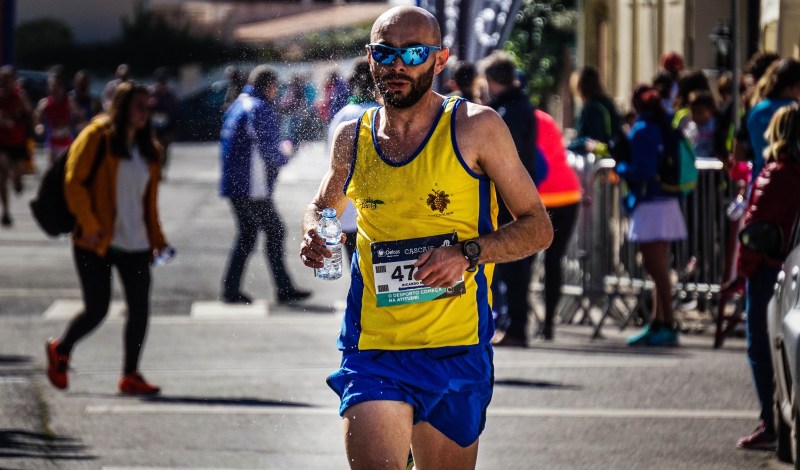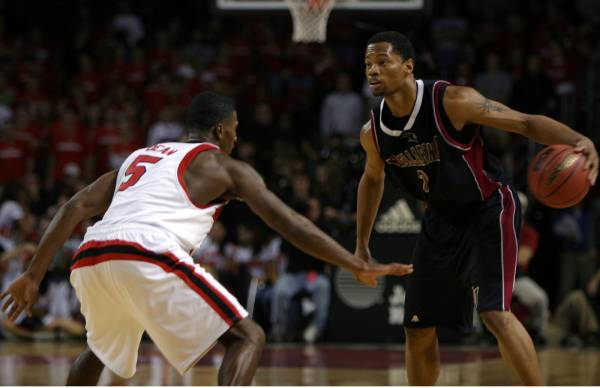Sports
8 Important Things to Keep in Mind While Organizing a Sports Event

Sports events are more than just competitions; they’re platforms that bring people together, celebrate athleticism, and foster a sense of camaraderie. Successfully organizing a sports event requires meticulous planning, attention to detail, and a thorough understanding of various aspects that contribute to its success. From logistics to promotion, each element plays a pivotal role in creating a memorable experience for participants and spectators alike. Whether it’s a local marathon or a large-scale tournament, here are 8 important things to keep in mind while organizing a sports event:
1. Define Your Objectives and Goals
Defining your objectives and goals is crucial before organizing a sports event. Are you aiming to raise awareness for a cause, promote a healthy lifestyle, or showcase local talent? Clearly outlining your purpose will guide every decision you make throughout the planning process. For instance, if you’re organizing a marathon to promote fitness, your focus would be creating a route that showcases scenic landscapes and is suitable for participants of varying fitness levels.
2. Select an Appropriate Venue
The choice of venue can significantly impact the overall experience of both participants and attendees. Factors such as accessibility, parking facilities, and amenities must be considered. The venue should align with the event’s nature and scale, whether it’s a stadium, park, or urban space. Hosting a track and field competition in a state-of-the-art stadium not only ensures top-notch facilities for athletes but also offers a visually appealing backdrop for the event.
3. Logistics and Infrastructure
The effective operation of a sporting event is contingent on streamlined logistics and well-planned infrastructure. Adequate preparations must be made for seats, restroom facilities, medical services, and hydration stations to guarantee the comfort and safety of everyone in attendance. For instance, in a cycling event, hydration stations that are properly positioned throughout the route can keep cyclists hydrated without causing them to lose their pace.
4. Promotion and Marketing
Effective promotion and marketing are paramount to attracting participants and spectators. Utilize various channels such as social media, traditional media, and collaboration with local sports clubs to create a buzz around the event. Engaging teaser campaigns, showcasing previous event highlights, and featuring testimonials from past participants can generate interest and excitement. Consider partnering with influencers who can authentically endorse the event and reach a wider audience.
5. Registration and Participant Experience
Simplifying the registration process contributes to a positive participant experience. Utilize user-friendly online registration platforms that offer secure payment options and clear event information. A seamless registration process boosts participation and reflects positively on the event’s overall organization. Creating a comprehensive participant guide that includes event details, rules, and timings can help participants prepare adequately.
6. Volunteers and Staff Management
Behind every successful sports event is a team of dedicated volunteers and staff. Recruit volunteers who are passionate about the event’s mission and provide them with proper training and guidance. Assign roles such as route marshals, registration assistants, and medical personnel to ensure the event runs smoothly. Effective communication and coordination among the team are crucial for managing unforeseen situations and ensuring participants’ safety.
7. Entertainment and Engagement
The experience of attending an event is improved when elements of entertainment and participation are included in addition to the primary competition. Attendees can pass the time while waiting for the main event by having fun at interactive zones, listening to live music performances, and eating at food vendors. During an event like a cycling competition, for example, establishing a fan zone that features competitions and other activities connected to the sport can enthrall spectators and foster a joyous spirit.
8. Post-Event Follow-Up and Winners’ Recognition
After the event concludes, the journey is not over. Gathering feedback from participants, volunteers, and attendees is essential to understand what worked well and where improvements can be made. Use social media and other communication channels to express gratitude to everyone involved and share highlights of the event, such as winners crossing the finish line and proudly receiving their well-earned cycling, weight-lifting, or running medals. This not only acknowledges their exceptional achievement but also keeps the event fresh in their minds.
Conclusion
Organizing a successful sports event requires meticulous planning, attention to detail, and a commitment to creating a memorable experience for all involved. Each step contributes to the event’s overall success, from defining your objectives to ensuring a seamless post-event follow-up. By keeping these important considerations in mind and effectively utilizing resources, you can orchestrate an event that resonates with participants and leaves a lasting impression on everyone who attends.
-

 Sports4 weeks ago
Sports4 weeks agoFIFA Club World Cup 2025: Complete List of Qualified Teams and Groups
-

 Sports2 weeks ago
Sports2 weeks agoAl Ahly vs Inter Miami, 2025 FIFA Club World Cup – Preview, Prediction, Predicted Lineups and How to Watch
-
Health1 week ago
Back to Roots: Ayurveda Offers Natural Cure for Common Hair Woes
-
World4 weeks ago
Omar Benjelloun: Strategic Architect Behind Major Financial Deals in the MENA Region
-

 Sports3 weeks ago
Sports3 weeks agoFIVB Men’s Volleyball Nations League 2025: Full Schedule, Fixtures, Format, Teams, Pools and How to Watch
-

 Tech1 week ago
Tech1 week agoFrom Soil to Silicon: The Rise of Agriculture AI and Drone Innovations in 2025
-

 Startup2 weeks ago
Startup2 weeks agoHow Instagram Is Driving Global Social Media Marketing Trends
-

 Science4 weeks ago
Science4 weeks agoEverything You Need to Know about Skywatching in June 2025: Full Moon, New Moon, Arietid Meteors, and Planetary Marvels






















